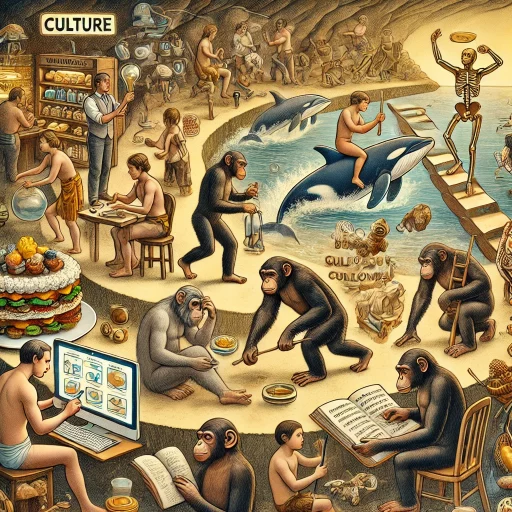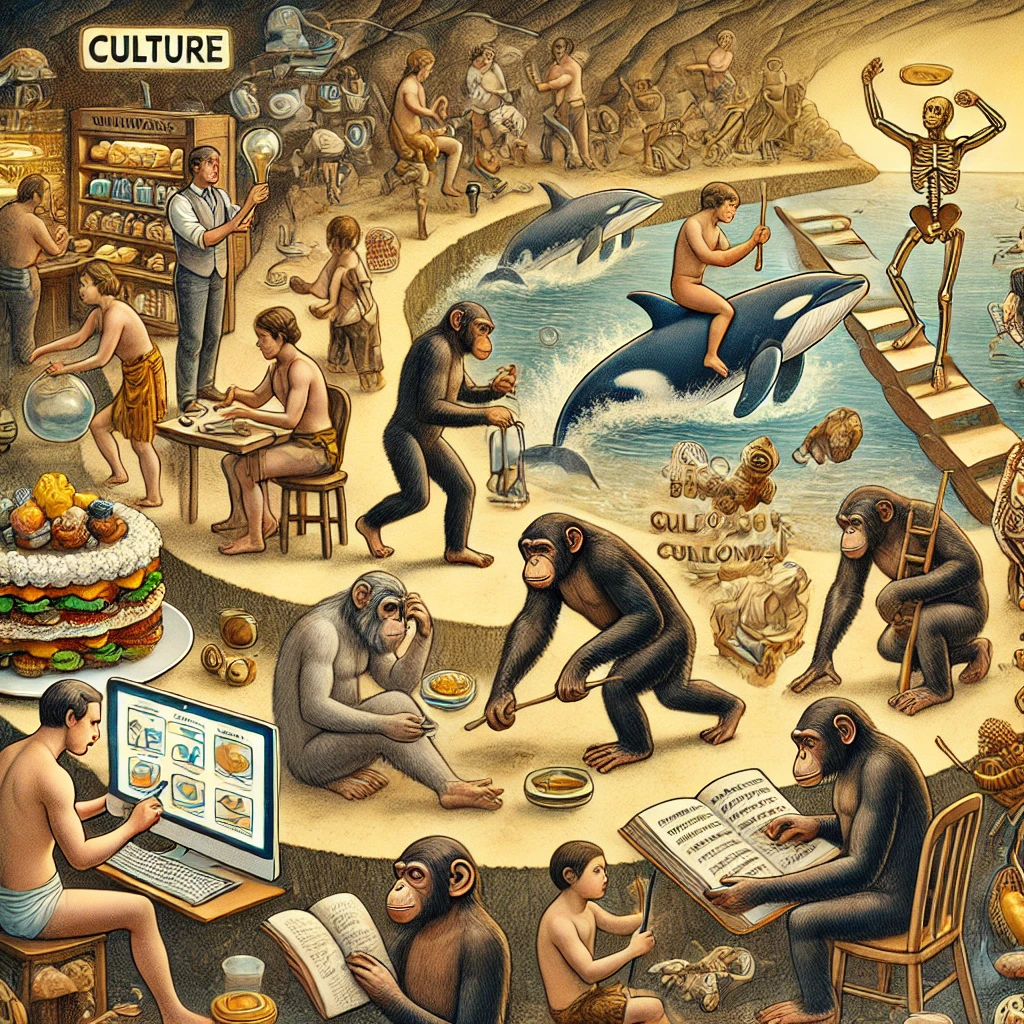The Mystery of Human Culture’s Complexity
For centuries, scientists have pondered why human culture is so much richer and more complex than that of other animals. Now, researchers from Arizona State University (ASU) propose a fresh explanation: humans might be uniquely capable of something called “open-endedness,” which could be the secret to our cultural depth.
What “Open-Endedness” Means for Human Growth
While other animals—like chimpanzees with tools or whales with evolving songs—demonstrate cultural traits, they are limited in building on these behaviors. Humans, on the other hand, are masters of layering and evolving ideas. This “open-ended” quality lets us constantly expand and refine our knowledge, much like recipes that pass through generations, continuously enhanced along the way.
Why Open-Ended Culture Sets Humans Apart
The idea of open-ended culture suggests that humans can innovate in ways that animals cannot. For instance, preparing a complex meal requires a careful sequence of steps, where each action builds upon the last. This type of organized complexity is something that most animals cannot achieve, marking a significant distinction between human and animal behaviors.
How Open-Endedness Helps Us Thrive
Understanding open-endedness offers valuable insight into why human culture remains boundless and adaptive. This adaptability is a major reason why humans have become the planet’s dominant species. The ability to endlessly innovate and tackle new challenges could explain our capacity for rapid progress and resilience.
Source: ASU News





